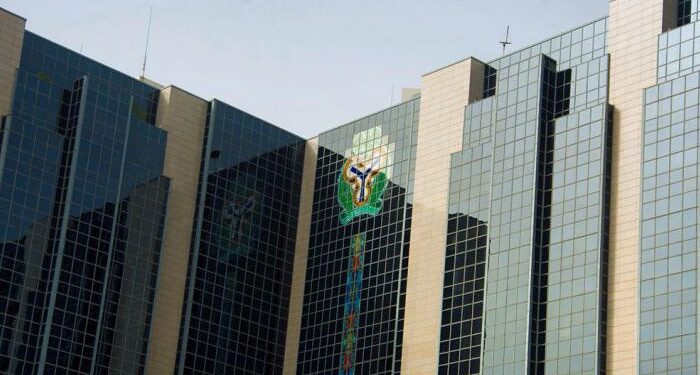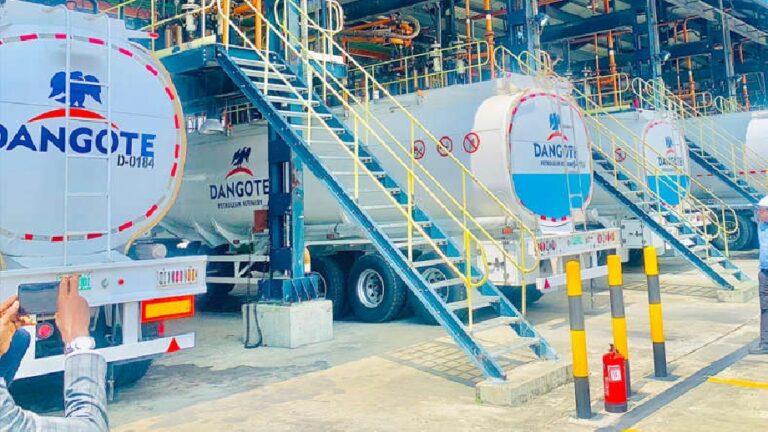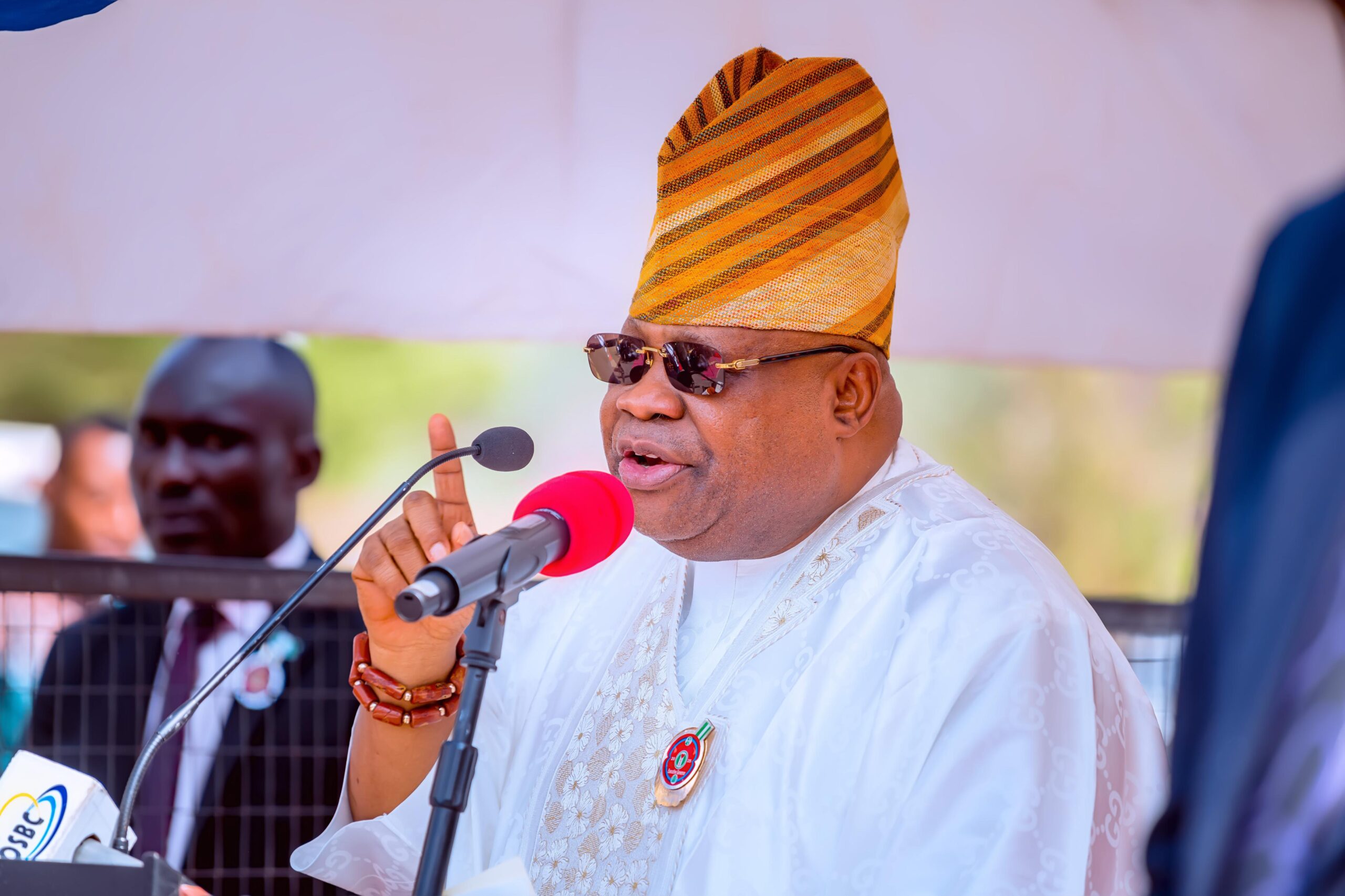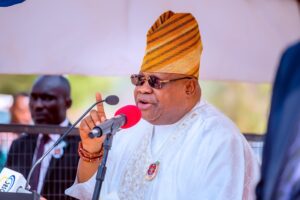Business Confidence Strengthens as PMI Rises to 52.3index Points, says CBN
Nigeria’s private sector activity continued its upward trajectory in March 2025, with the Central Bank of Nigeria’s (CBN) Purchasing Managers’ Index (PMI) rising to 52.3 index points, up from 51.4 recorded in February 2025.
The latest PMI data highlights a third consecutive month of expansion in business activity and new orders, driven by improving customer demand and increased commitment to new projects across sectors.
According to the report released by the CBN, the sustained growth in economic activity was broad-based, with key sectors—Industry, Services, and Agriculture—all recording positive momentum.
This reflects growing business confidence and resilience within the Nigerian economy.
“The composite PMI for March 2025, at 52.3 index points, indicates expansion in economic activities for the third consecutive month,” the CBN said.
According to the CBN, the composite Purchasing Managers’ Index (PMI) reading of 52.3 points for March 2025 reflects a continued expansion in economic activities across the country.
This growth is broad-based, with all three major sectors—Industry, Services, and Agriculture—recording positive performance during the month, the apex bank noted.
The report noted that the Industry Sector posted a PMI of 51.5 points, indicating steady expansion in industrial activities.
The Services Sector posted a PMI of 51.5 points and its contribution to the overall composite score implies it maintained a path of growth, the report stated.
The Agriculture Sector led the pack with a robust PMI of 54.7 points, representing the strongest growth among the three sectors.
In addition to sectoral performance, key sub-indices also showed signs of resilience and expansion. The report noted that the Output Index stood at 52.8 points, reflecting increased production levels. The New Orders Index recorded 52.2 points, pointing to a rise in demand and business orders. Meanwhile, the Employment Index posted 51.7 points, suggesting a moderate but consistent improvement in job creation across sectors.
Out of 36 subsectors tracked, 24 reported growth in economic activities, with Forestry leading as the fastest-growing subsector. Meanwhile, 12 subsectors contracted, with Nonmetallic Mineral Products recording the steepest decline.














Post Comment